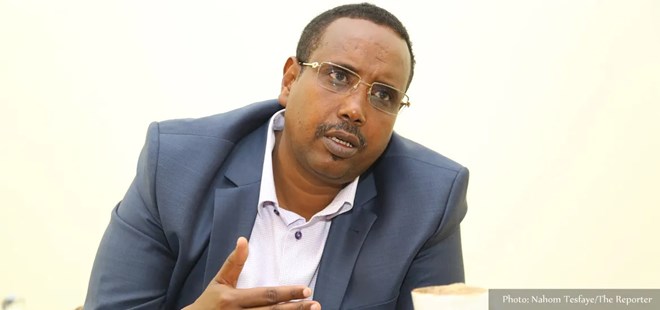
Friday March 15, 2024

Addis Ababa (HOL) - Ethiopia's justice ministry announced the release of Abdi Mohamed Omar, also known as Abdi Iley, the former president of the country's Somali region, after five years of incarceration. State media reported that the charges against him were dropped "for the sake of people's interest," marking a step toward national reconciliation amid ongoing internal conflicts.
Abdi Iley's arrest in August 2018 came amid severe unrest in the Somali region, a volatile area marred by ethnic violence and political instability. His detainment followed deadly clashes in Jijiga, the regional capital, and surrounding areas, resulting in significant casualties and displacement. The 2018 violence, triggered by the Ethiopian military's intervention, marked a peak in the region's ongoing turmoil.
Accused of inciting violence and overseeing human rights abuses, Abdi's leadership faced intense scrutiny. Rights groups and victim accounts have linked his regime to widespread misconduct, including the use of force against political adversaries and civilians.
The termination of Abdi's charges by the Ethiopian government highlights its current approach to resolving the nation's deep-rooted ethnic tensions. This move aligns with Prime Minister Abiy Ahmed's broader political reform and national healing agenda.
Simultaneously, Kinfe Dagnew, a former head of the military corporation, was released. Arrested on similar grounds in 2018, Kinfe's release, alongside Abdi's, reflects the intricate challenges of Ethiopia's political and social landscape.
Despite being Ethiopia's second-largest region, the Somali region remains one of its most tumultuous. The 2018 clashes and subsequent military presence underscore the ongoing struggle between governance and regional autonomy.
The decision to free Abdi Iley has stirred varied responses, underscoring Ethiopia's complexity of balancing justice with reconciliation efforts. This move raises questions about accountability and the path forward for those impacted by the Somali region's strife.
The narrative also draws attention to personal stories emerging from the unrest, such as Rahma Mohamud Haybe's release, a former official under Abdi's rule, and a young boy detained during the Jijiga riots. These accounts add a human element to the broader political discourse and further illustrate the profound human impact of Ethiopia's ethnic and political conflicts.